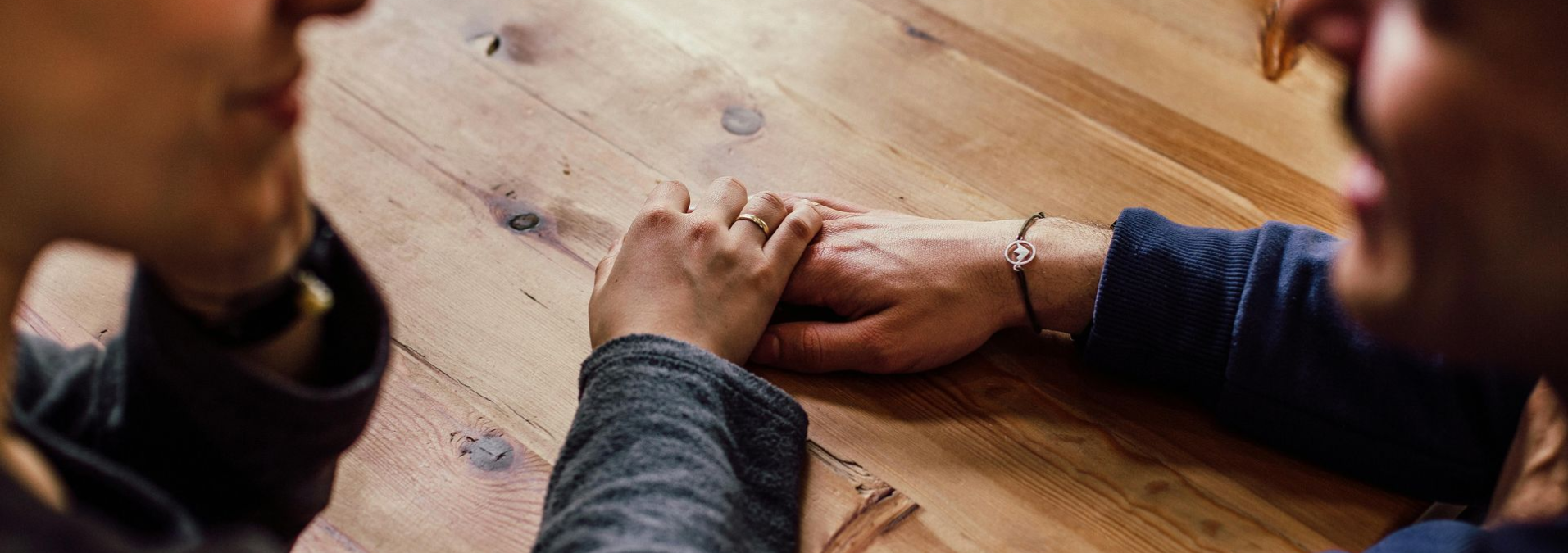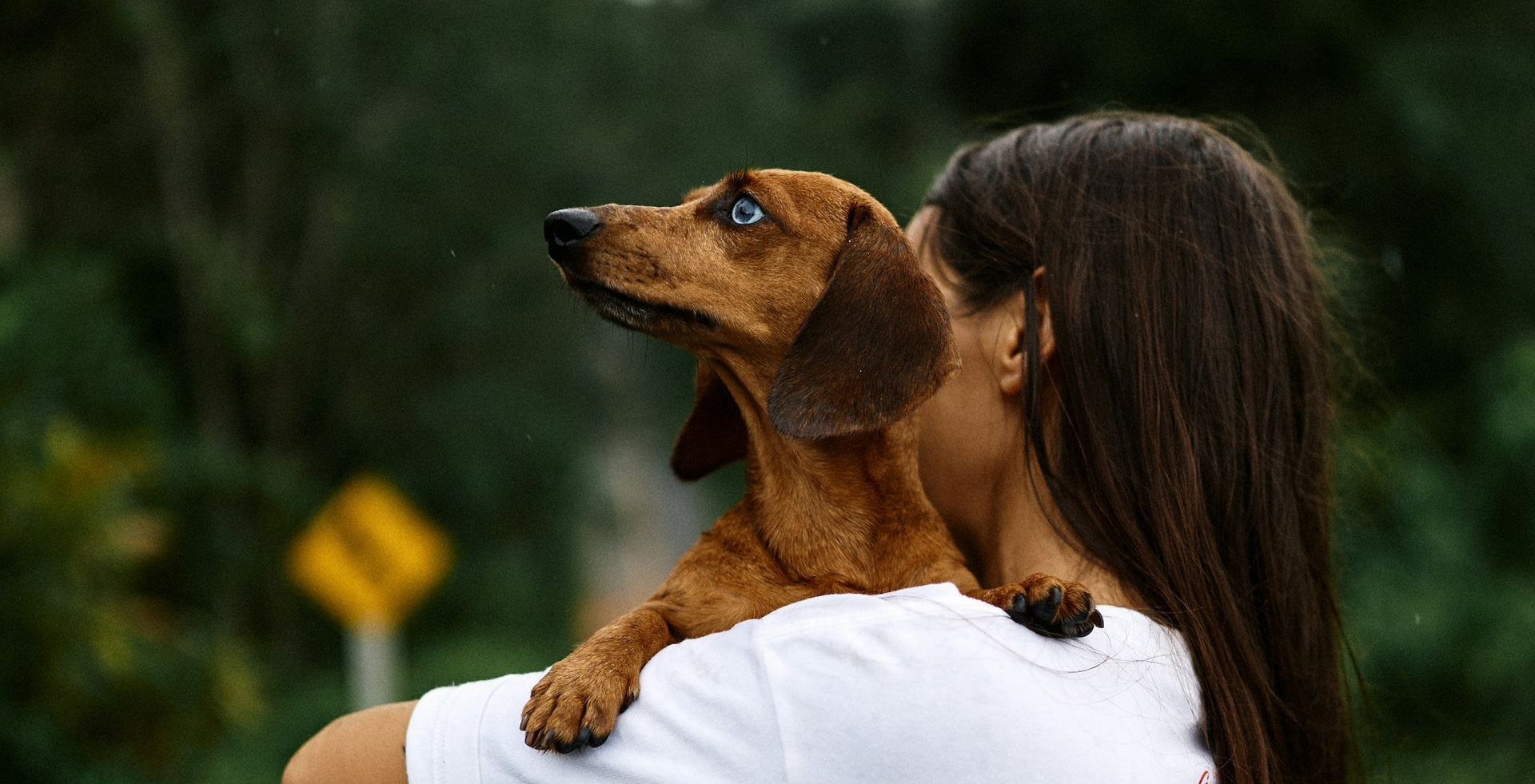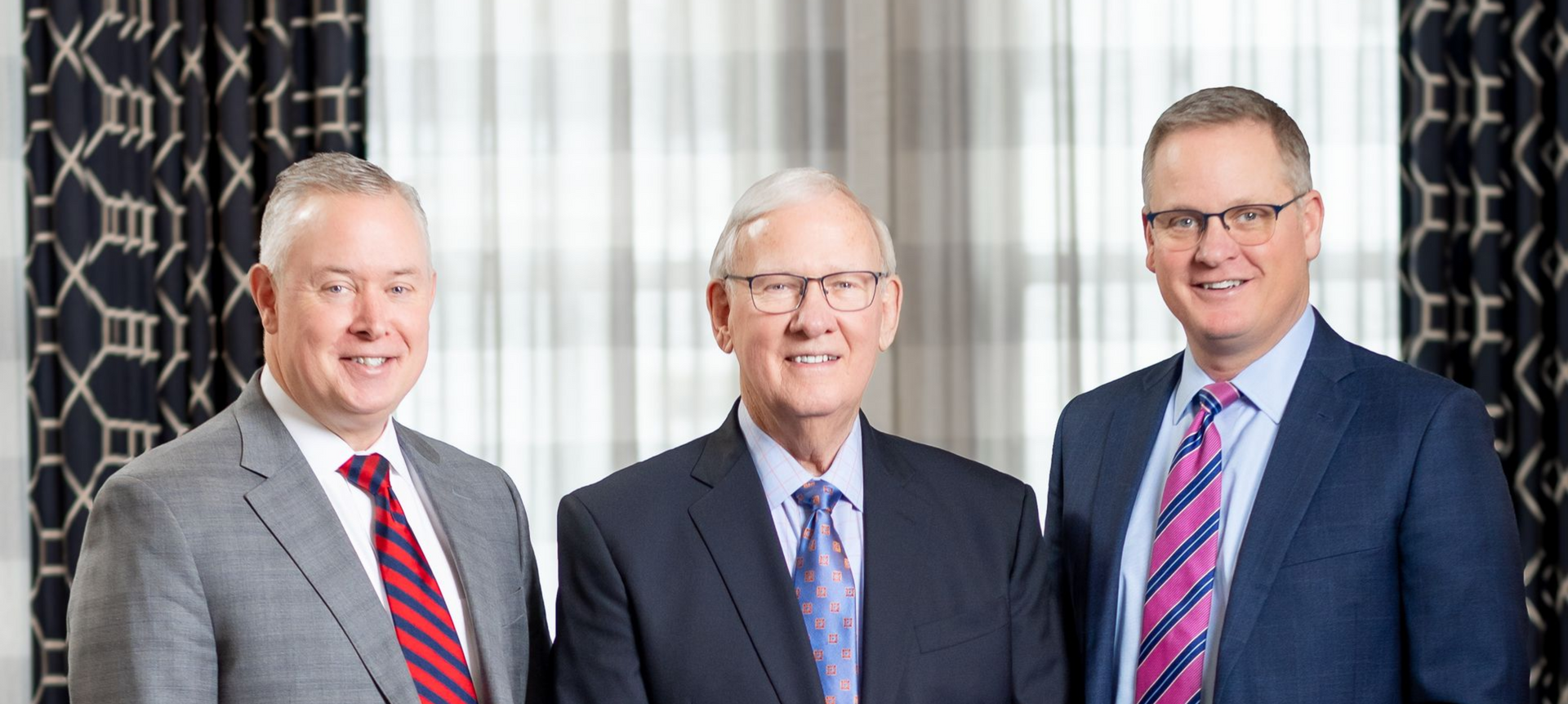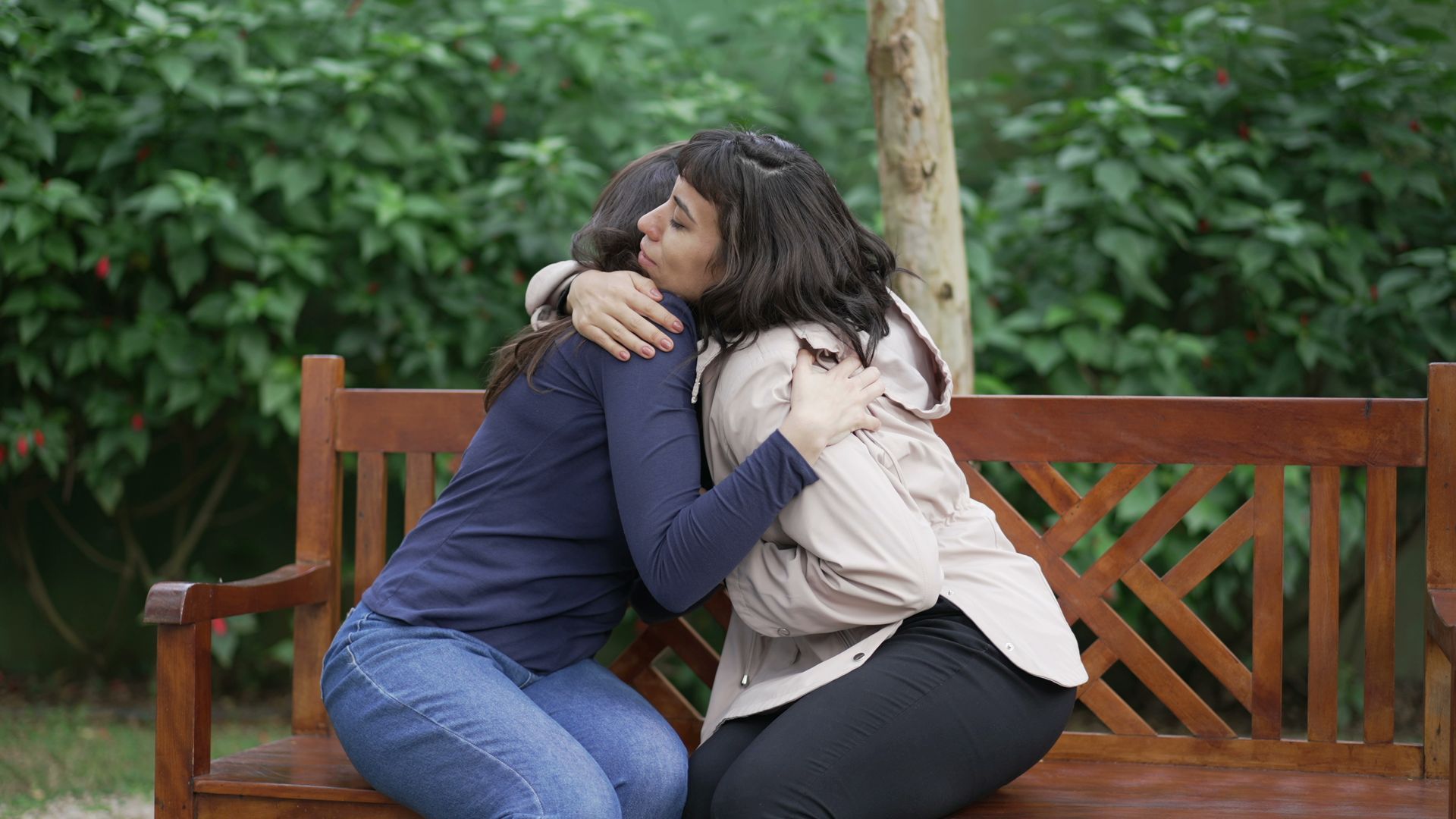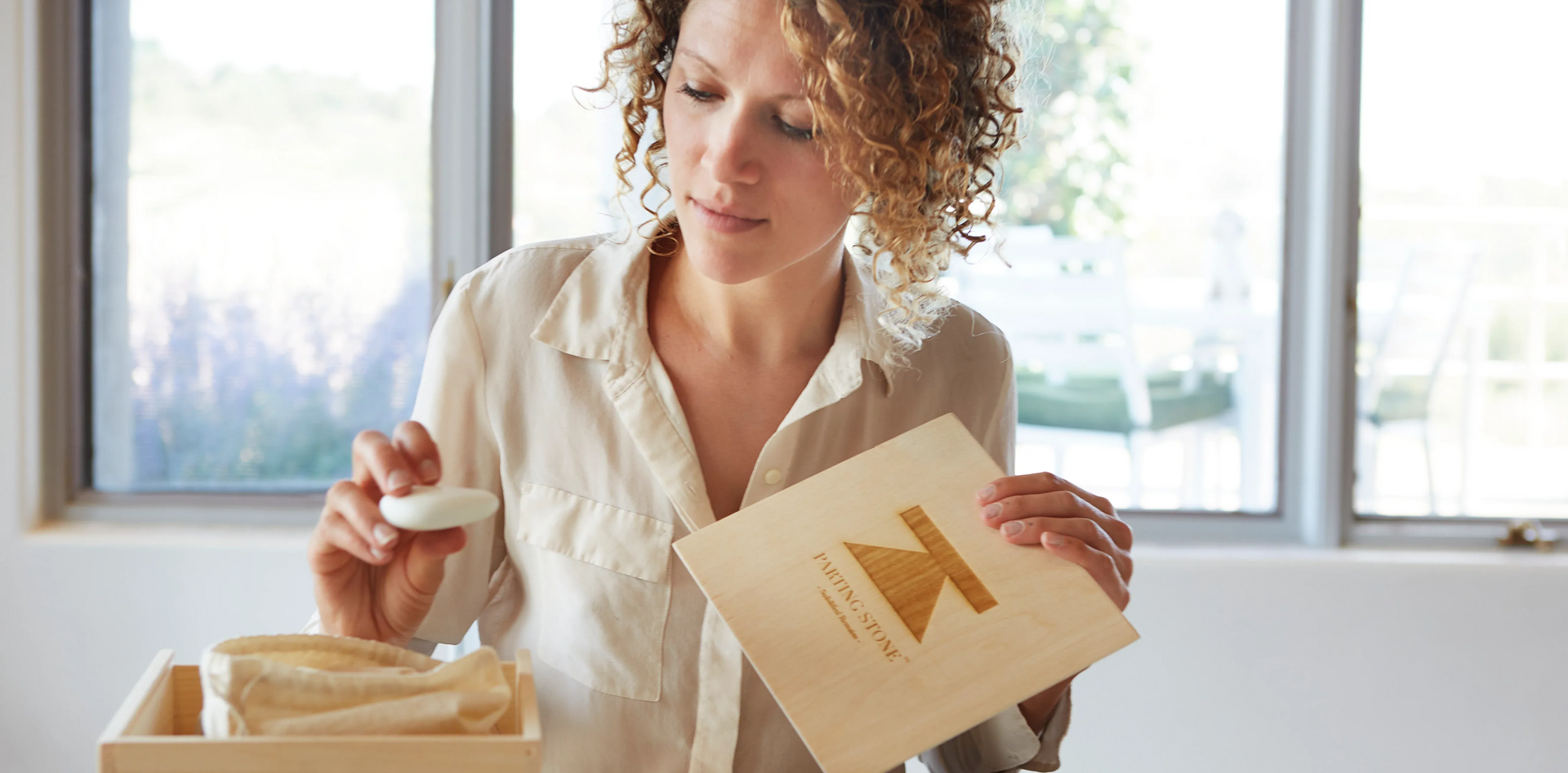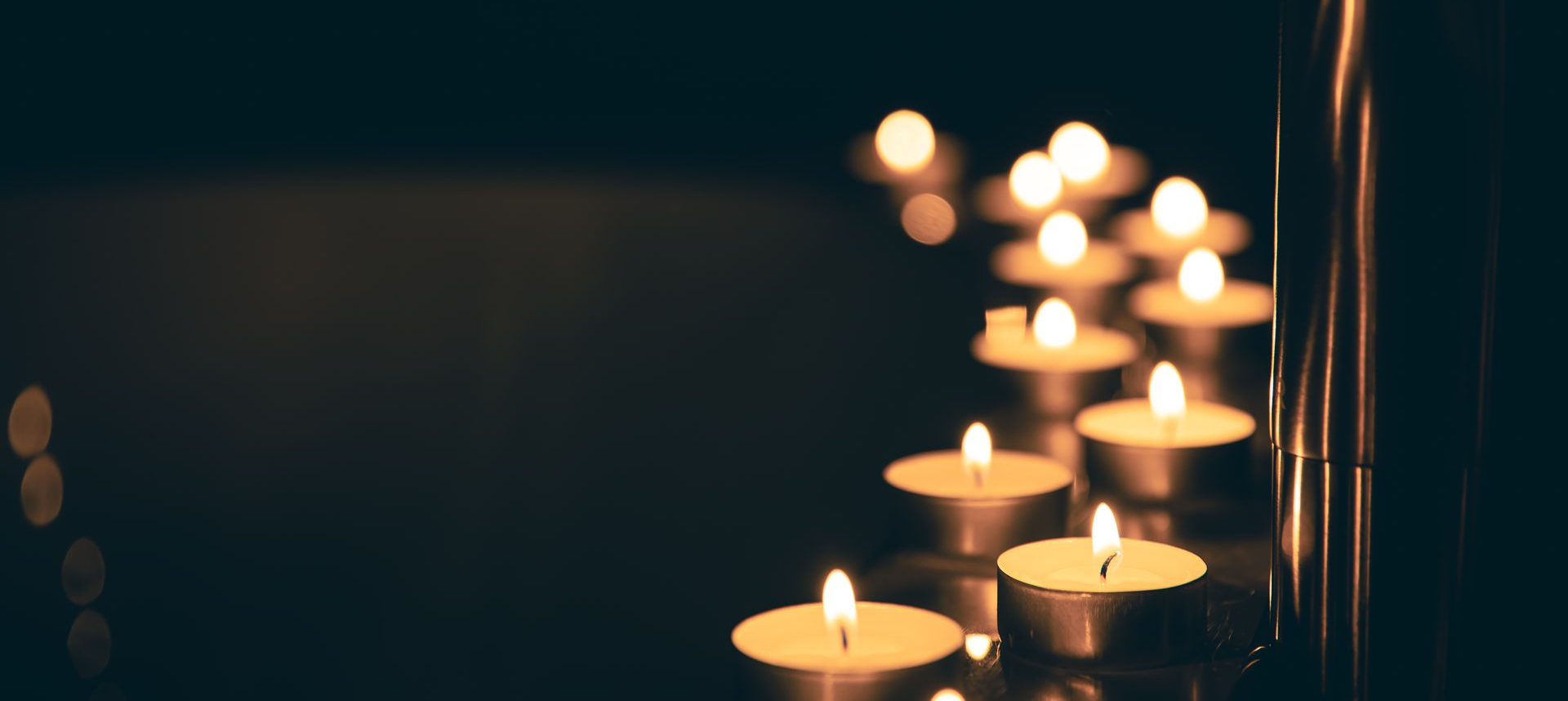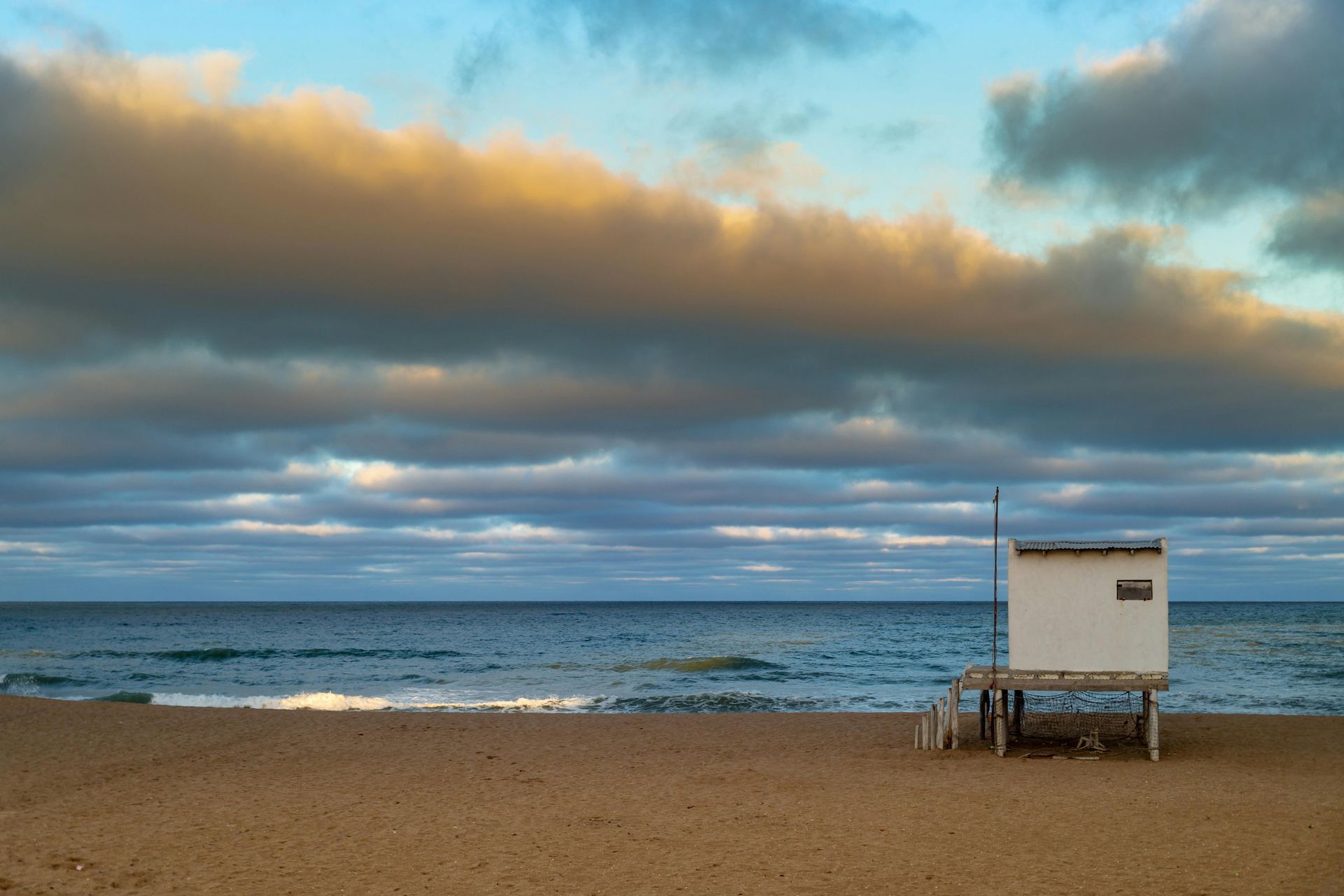The Greatest, Muhammad Ali, was Celebrated in Death as He was Admired in Life
The Greatest, Muhammad Ali, was Celebrated in Death as He was Admired in Life
Muhammad Ali, the heavyweight champion in the ring and “The People’s Champion” in the world, was laid to rest in Louisville, Kentucky following his death at age 74 on June 3 in Phoenix, Arizona. He inspired generations of people, of all races and religions, and thousands gathered to pay final respects during a funeral procession through his hometown. With the help of his family, Ali designed his own funeral to allow as many people as possible to celebrate his life in a way that was celebratory, inspirational and yet respectful.
Ali, a three-time heavyweight champion, was buried in a private ceremony at Cave Hill Cemetery in Louisville on June 10 following a funeral procession with thousands of fans cheering his name as the motorcade bearing his remains passed important landmarks in Ali’s life. A public memorial service was held at the KFC Yum! Center from 3 p.m. to 6 p.m. and was attended by dignitaries, politicians, movie stars, athletic champions as well as friends and family. A private reception for friends and guests was held at the Muhammad Ali Center in Louisville following the public service.
Ali had battled Parkinson’s Disease for many years and was taken to a hospital in Arizona for respiratory issues. Initially in fair condition, he spent a few days in the hospital until family members were contacted to say their goodbyes when his condition worsened. The official cause of death was septic shock due to unspecified natural causes.
Born Cassius Marcellus Clay, Jr. on January 17, 1942, he took the name Muhammad Ali in 1964 after joining the Nation of Islam. Ali eventually converted to orthodox Islam during the 1970’s and following his death the champion was given a Muslim funeral. Approximately 14,000 people attended Ali’s jenazah , funeral in Arabic, where movie star Will Smith and boxing champion Mike Tyson, amoung others, were pall bearers and former President Bill Clinton; Ali’s widow, Lonnie; Billy Crystal; and others gave eulogies at the public service.
Ali’s cherry-red casket was draped with an Islamic shroud. Ali and his family had planned his funeral for ten years to make sure it would honor both his Muslim faith and Western culture and give as many people as possible an opportunity to pay respects to him, including a public service. The service was led by an imam and included clerics from multiple religions, including a rabbi. Imam Zaid Shakir concluded the ceremony with an Islamic prayer and a poem at the closing of service.
Moving Tributes
Known for his trash talk as a boxer as well as his championship for humanitarian causes, Clinton called Ali “a universal soldier for our common humanity.”
“The first part of his life was dominated by the triumph of his truly unique gifts. We should never forget them…But the second part of his life was more important because he refused to be imprisoned by the disease that kept him hamstrung longer than Nelson Mandela was kept in prison in South Africa,” said President Clinton at Ali’s funeral. “In the second half of his life he perfected gifts that we all have. Every single solitary one of us have gifts of mind and heart.”
Clinton said he was brought to tears watching Ali struggle with Parkinson’s to take the final steps to light the Olympic cauldron in Atlanta in 1996 in Atlanta, a meaningful moment in sports.
Ali was survived by his fourth wife, Yolanda, or “Lonnie,” and they were married in 1986. “Muhammad indicated that when the end came for him, he wanted us to use his life and his death as a teaching moment for young people, for his country and for the world,” Lonnie said. “In effect, he wanted us to remind people who are suffering that he had seen the face of injustice. That he grew up during segregation, and that during his early life he was not free to be who he wanted to be. But he never became embittered enough to quit or to engage in violence.”
President Barak Obama, who regretted that he could not attend the funeral in person, released a video statement on Facebook. “This week we lost an icon, somebody who was a personal hero of mine,” said Obama. “Somebody who ended up transforming not just the world of sports, but the world as a whole. The Greatest. The Champ. Muhammed Ali.”
In the ring and in life
Regarded as one of the greatest boxers in history, Ali is renowned not only for his remarkable athletic prowess but for speaking his mind and challenging injustice throughout the world.
In the ring, Ali remains the only three-time lineal heavyweight champion – he won the title in 1964, 1974, and 1978. He is the only boxer to be named Fighter of the Year five times in The Ring magazine. He was also named Sportsman of the Century by Sports Illustrated and the Sports Personality of the Century by the BBC. Ali competed in several historic boxing matches including the “Thrilla in Manila” versus his rival Joe Frazier and “The Rumble in the Jungle” versus George Foreman.
At the time of his boxing career, Ali was known for trash talking his opponents and often freestyled with rhyme schemes and spoken word poetry, including his famous catchphrase for himself “floats like a butterfly; stings like a bee” which summed up his unusual style of heavyweight fighting including speed, fast reflexes and continuous movement around his opponents.
Outside the ring, Ali became famous as a political activist and social reformer by his refusal to serve in the U.S. military during the Vietnam War. He was arrested and found guilty on draft evasion charges. He was originally stripped of his boxing title, but his conviction was eventually overturned in 1971.
After his retirement from boxing, Ali devoted much of his time to philanthropy. In 1984 he was diagnosed with Parkinson’s disease, a degenerative neurological condition, and was involved in raising funds for the Muhammad Ali Parkinson Center in Phoenix, Arizona. Ali was also involved in supporting the Special Olympics and the Make-A-Wish Foundation, among other organizations.
Ali traveled around the world to help out those in need. Because of his work in developing nations, he was designated as a United Nations Messenger of Peace in 1988. In 2005, Ali received the Presidential Medal of Freedom from President George W. Bush, and in 2009, Ali received the President’s Award from the NAACP for his public service efforts.
As a musician, Ali recorded two spoken word albums and a rhythm and blues song, and received two Grammy Award nominations. As an actor, he performed in several films and a Broadway musical. Ali was also an author and wrote two autobiographies both during and after his boxing career.
Ali’s legacy
Throughout his life, Ali fought for the dignity of all people, regardless of the color of their skin or their station in life. His inspiration to thousands of people around the world will live on as his life’s true legacy.
Actor Will Smith, who portrayed Ali in a biopic, was moved by seeing how many people adored Ali from the “outpouring of love” of the fans cheering along the route of the funeral procession.
“I learned a really valuable lesson about how the moment of the end of a life illuminates how it was lived. And every day you have to focus and concentrate on making sure you’re living your life in a way that it illuminates the things you want illuminated, and the things that were illuminated today were his love, and his heart, and his unconditional appreciation for all people of every race and colour,” said Smith who felt that the crowds who turned out to pay their respects to the heavyweight champion created a true celebration of Ali’s life.
Photo credit: Andy Mettler

